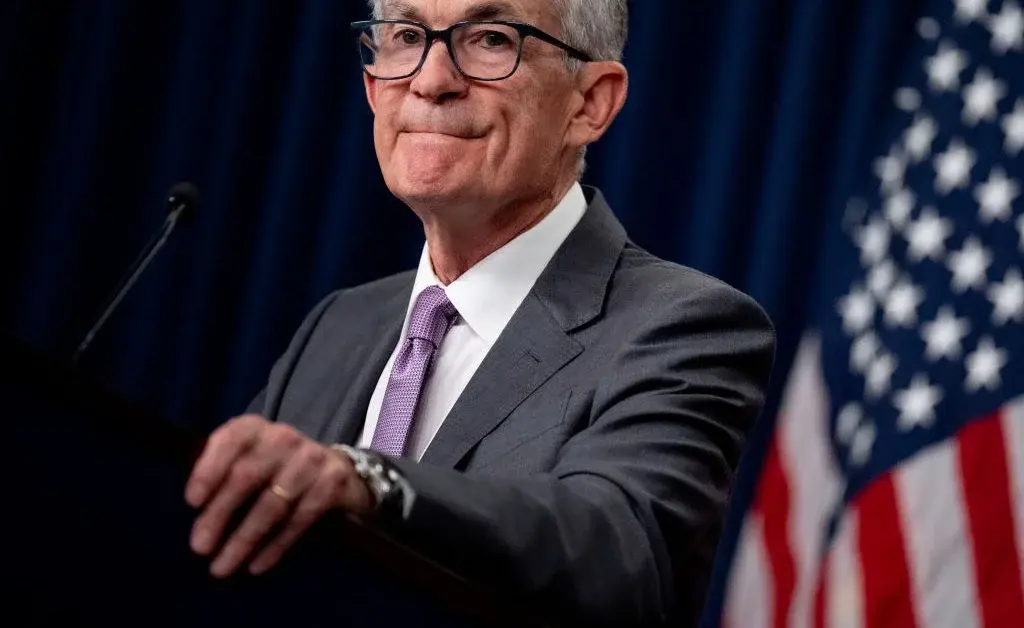During his presidency, Donald Trump repeatedly complained that the Federal Reserve was doing things that he believed were bad for the economy—complaints the Fed ignored. If Trump wins a second term, he may work to make sure the Fed has to listen to him.
Both Trump and his running mate, Ohio Sen. J.D. Vance, argue that the President should have more power over one of the Fed’s most powerful tools: setting interest rates.
“I feel that the President should have at least say in there, yeah, I feel that strongly,” Trump said last week at a news conference in Mar-a-Lago. “I think I have a better instinct than, in many cases, people that would be on the Federal Reserve, or the chairman.”
It’s a move that would be a sea change for the United States, with ripple effects across the globe, as the Fed’s independence from politics is widely viewed as central to its ability to effectively manage U.S. monetary policy.
[…]
Multiple economists […] raised concerns that Trump’s proposal would lead to sitting Presidents pushing the Fed to enact policies that may be advantageous during election years but could have dangerous consequences for the long-term health of the economy. “It sets the system up for abuse,” says Robert Barbara, the director of the Center for Financial Economics at Johns Hopkins University.
[…]
Economists say that politicizing the Federal Reserve would be harmful regardless of which party is in charge, because of the unique tradeoffs the Fed faces in meeting its dual mandate of pursuing maximum employment and managing inflation.
[…]
Throughout most of the Biden era, the Federal Reserve has been battling the highest inflation in over 40 years [since Jimmy Carter who faught the oil crisis, ed]. Its main tool for trying to lower inflation has been increasing the Federal Funds Rate, the interest rate banks are required to charge each other for overnight loans. When the Federal Funds Rate increases, moving money between banks becomes more costly. This leads to fewer dollars circulating throughout the economy, which usually helps lower inflation but also increases the risk of a recession.
[…]
Politicians typically operate under “short-term incentives” of preferring economic growth, especially just ahead of an election. That usually means advocating for keeping interest rates low [which] would often lead to an inflationary bias, which is a tendency for the central bank to allow too much [economic growth] in the short term and cause inflation to be higher.
[…]
Though Trump named [current Fed Chair Jerome] Powell to take over as chairman of the Federal Reserve in 2017, the former President repeatedly criticized Powell and pressured him to lower interest rates during his presidency. “When Trump was in office and seeking re-election, he was upset that Jerome Powell kept interest rates too high, and when Trump is out of office, he’s upset that Powell keeps interest rates too low,” says Ryan Chahrour [a professor of economics and international studies at Cornell University].
[…]
In other words, Trump advocated for a monetary policy that had a higher likelihood of increasing inflation while he was in power, but also could boost the economy in the short term, potentially improving his chances of winning an election. When he was out of power, he advocated for a tighter policy that would likely decrease inflation but also dampen the economy and make the Biden Administration appear worse in the short term.
Vice President Kamala Harris, Trump’s opponent in the 2024 election, said she disagrees with his stance. “The Fed is an independent entity and as President I would never interfere in the decisions that the Fed makes,” Harris told reporters on Saturday in Phoenix, Arizona.


